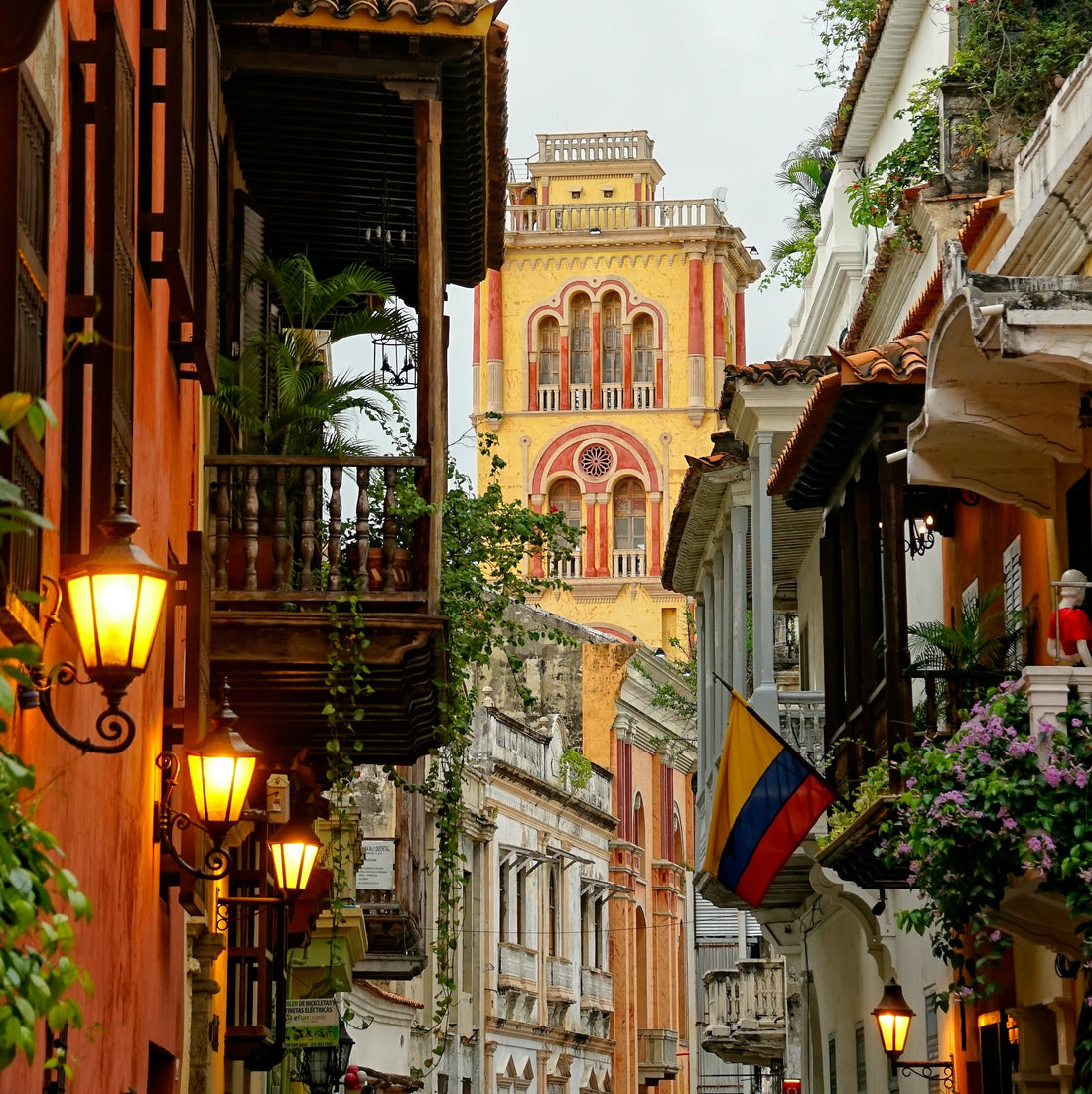
Colombia: world-class coffee
Share

If there’s a name that’s been associated with good coffee for almost a century, it’s Colombia. This South American country located at the very border between Central and South America has been at the top of its game in terms of coffee since the 20th century and still remains one of the best names in the world of coffee.
This country is one of the largest in South America, with a population of 50 million people and has the largest presence of African heritage in South America, with more than 5% of people belonging to the Afro-Colombian ethnicity.
And while Colombia is definitely famous for several things (beautiful Caribbean beaches!), it is coffee that has really propelled it to world fame. And even within the country, coffee has a very special place in people’s hearts. Most Colombians drink local coffee every day and are quite proud of their coffee - it is a great source of pride to them.
So let’s take a look at the history of coffee in Colombia.
History of coffee in Colombia
Like with many other countries, coffee found its way to Colombia thanks to Jesuit priests who brought it from Europe. While there are many stories in Colombia about the origins of coffee in the country, the most popular one goes something like this:
In the first half of the 18th century, Jesuit priests tried to instigate farmers to start growing coffee, as the drink was popular and profitable in Europe. But farmers in Colombia resisted; they cared more about day to day sustenance, and thought growing coffee was too risky, as coffee trees take 3 to 5 years to produce fruit.
A clever priest, then started making a sweet deal for those who had just confessed their sins to him: Instead of a harsh penitence (like prison or fasting) they would only need to plant a few coffee trees. And thus, the literal seeds of coffee in Colombia were planted.
Eventually, farmers started seeing just how profitable it was for them to sell coffee - word spread around quickly and farmers quickly turned to coffee farming. But it wasn’t until well into the 19th century that coffee reached every corner of Colombia.
As soon as 1860, coffee was already the most exported crop in all of the country. It had already become an intrinsic part of Colombian culture - it was produced both for the sake of their fellow Colombians, who had come to love coffee as much as Europeans did, as well as for exporting.
Soon, coffee was one of the biggest industries in the country. Everyone loved coffee and took pride in their country’s coffee. Though the market had some ups and downs, coffee has stayed, throughout the years, the most loved crop among Colombian farmers —as well as the most profitable.
In the 1950s, a fictional spokesman was created for the National Federation of Coffee Growers (FNC) - this was one of their many efforts to bring together coffee farmers, who were still largely independent which can sound like the ideal scenario, yet this distance between farmers did nothing more than damage the industry with unnecessary competition, and an overall lack of organization. This spokesman was the now legendary Juan Valdez, a coffee farmer with his trusty Panama hat to shield him from the sun, and his old mule beside him helping him carry heavy bags full of coffee beans.
This led to a level of organization among farmers never seen before: coffee production -and exports- started increasing rapidly. It was only a matter of time before word got around that Colombian coffee was incredibly delicious and, thanks to the efforts of the FNC, readily available and at a reasonable price.
Colombian coffee
Colombian coffee is so good that it attracts thousands of tourists each year. They go to coffee estates and drink some of the world’s best coffee in its freshest forms — then, they may go to the very special coffee-themed amusement park which is right next to the National Coffee Museum.
As for the coffee itself, well, it is a very complex and sophisticated one. It is naturally sweet in a caramel and honey-like way, and has very exotic tasting notes which are usually described as yellow and red fruit. These are accompanied with a slight nutty taste and a pronounced cocoa flavor and aroma, which just about rounds up to the most flavorful cup of coffee you’ll ever have.
Conclusion
Colombian coffee is world famous, and for good reason. Since Colombians hold their coffee to high standards, you can be sure that buying Colombian coffee is buying high-grade coffee. A lot of Colombian food is organic, too, so that’s a plus!
